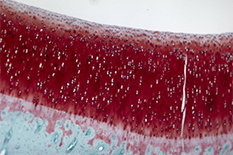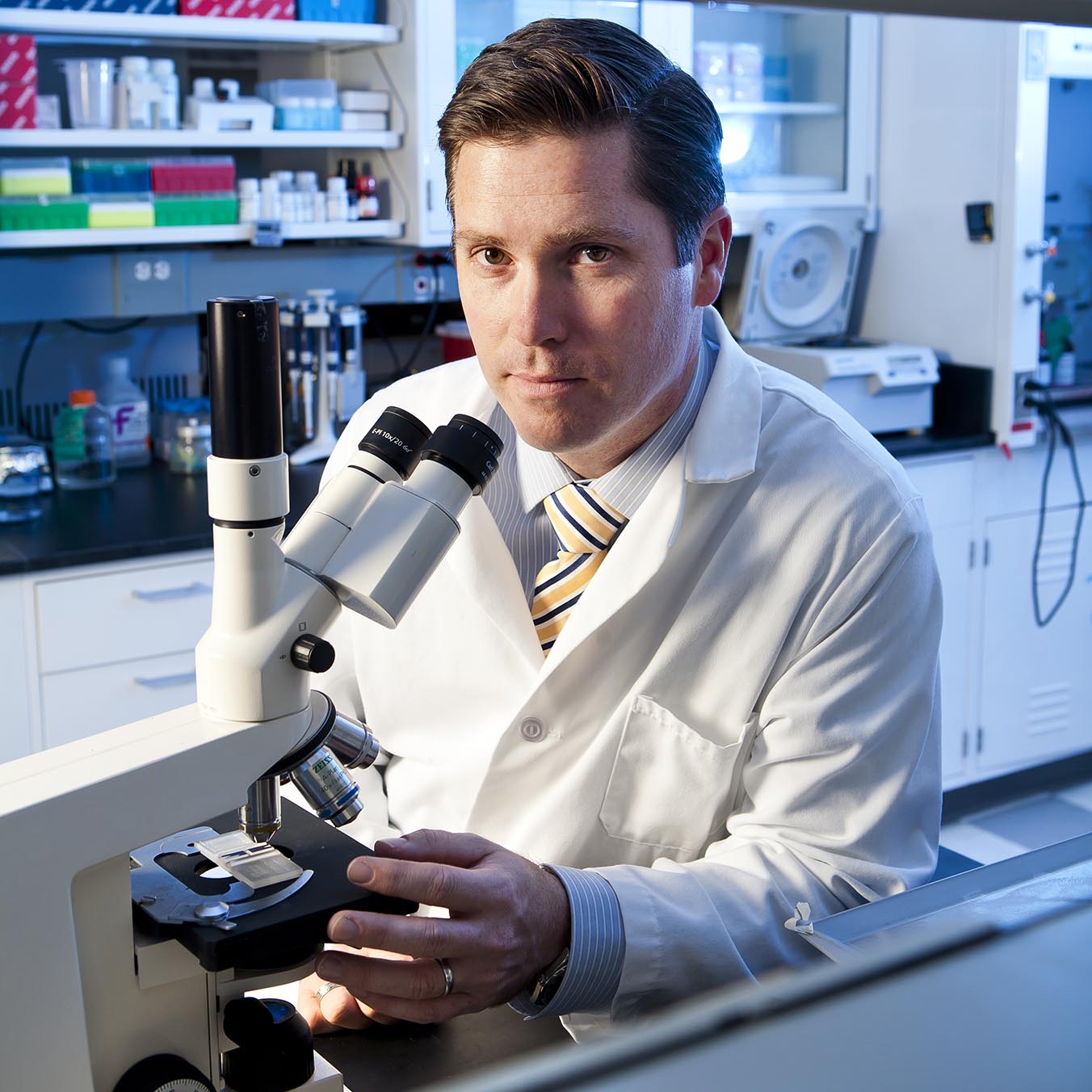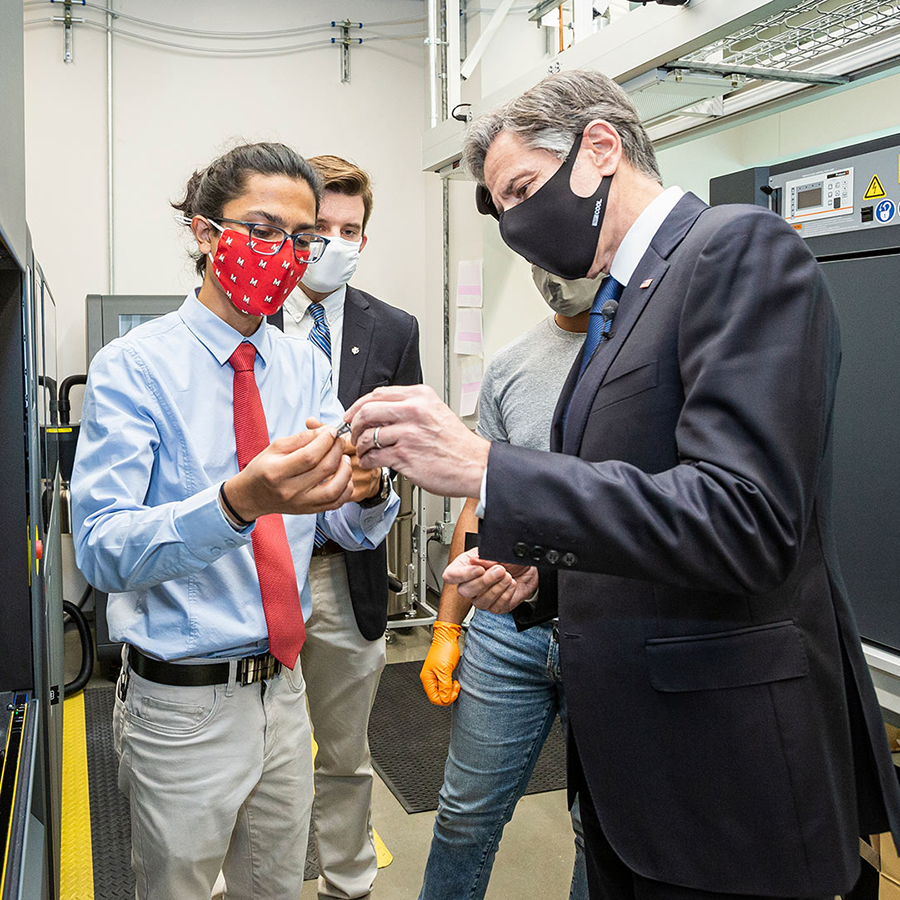News Story
CECT Study Highlighted in Science Translational Medicine

A new study written by a team from the Center for Engineering Complex Tissues (CECT) will soon be published in the journal Biomaterials. The study looks into the process of developing a 3D-printed aggrecan functionalized scaffold in order to aid with microfracture procedures. The study’s aggrecan functionalized scaffold showed better improvement of regenerated cartilage tissue than those treated with traditional methods or left untreated. The study was a collaboration between Dr. Jonathan D. Packer from the Department of Orthopaedics at the University of Maryland School of Medicine in Baltimore and departments within the University of Maryland in College Park, MD. Other researchers included Ting Guo, Maeesha Noshin, Hannah Baker, Evin Taskoy, Sean J. Meredith, Qinggong Tang, Julia P. Ringel, Max Lerman, Yu Chen, and John P. Fisher.
While millions of Americans are impacted by cartilage defects, the current treatment (Microfracture and Autologous Chondrocyte Implantation) has many post-surgical difficulties and a long recovery time. This method involves drilling the layer of bone just beneath the cartilage defect to release mesenchymal stem cells (MSCs). This often leads to a weaker regenerated tissue than healthy cartilage. The new aggrecan functionalized scaffold method used in the study resulted in histologically healthier and thicker cartilage tissue formation compared to the original method.
After further examination, the team found that the aggrecan functionalized scaffold led to higher cell adhesion than control groups. For the first time in the field, the team also evaluated the cartilage regeneration at a functional level through a newly designed locomotion test. Despite this, the aggrecan functionalized scaffolds had a more even distribution of newly formed cartilage that was significantly thicker than the other groups. It also showed better chondrocytes growth and ECM formation.
When asked about the impact of the study, lead author Ting Guo said, “The presented biofunctionalized acellular scaffold combined with microfracture shows promise for clinical translation. Such acellular technologies stand to greatly impact future clinical solutions to improve the quality of repaired cartilage tissue as demonstrated in this study without additional surgeries and with a relatively low cost compared to cell-based therapies.”
This study showed that using an aggrecan functionalized scaffold can lead to better support for people undergoing treatment for articular cartilage defects, as demonstrated by improved tissue quality. This provides another possible and more efficient treatment method to study and utilize for the millions of patients affected by articular cartilage issues.
For more information, the original article can be read on Science Direct. The study has also been highlighted by Science Translational Medicine, which can be accessed here.
Published November 21, 2018









